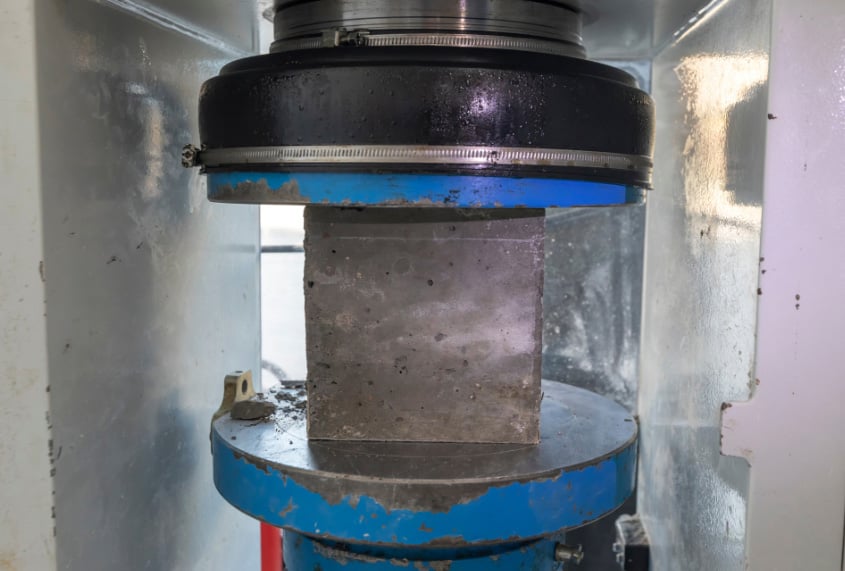Material testing is a crucial process used to determine the physical and mechanical properties of various materials. It involves subjecting materials to controlled conditions and measuring their responses to assess their suitability for specific applications. The information obtained from material testing helps engineers, scientists, and manufacturers make informed decisions about material selection, design, and performance.
There are several types of material testing methods, each focusing on specific properties. Here are some commonly employed techniques:
Mechanical Testing: This involves applying forces or loads to a material to evaluate its strength, hardness, elasticity, ductility, and other mechanical properties. Examples include tensile testing, compression testing, bending testing, and impact testing.
Chemical Analysis: Chemical testing examines the composition of materials to determine their elemental and chemical makeup. Techniques like spectroscopy, chromatography, and mass spectrometry are used to identify and quantify the presence of specific elements and compounds.
Thermal Analysis: This method studies how materials respond to temperature changes. It helps determine their melting point, thermal conductivity, coefficient of thermal expansion, and other thermal properties. Techniques such as differential scanning calorimetry (DSC), thermogravimetric analysis (TGA), and thermal conductivity measurement are used.Electrical Testing: Electrical properties of materials, such as conductivity, resistivity, and dielectric strength, are evaluated through electrical testing. Techniques like conductivity measurement, dielectric strength testing, and impedance spectroscopy are commonly used.
Non-Destructive Testing (NDT): NDT methods evaluate the properties of materials without causing damage. Techniques such as ultrasonic testing, radiography, magnetic particle testing, and eddy current testing are employed to detect flaws, cracks, voids, or inconsistencies in materials.
Environmental Testing: This type of testing examines how materials perform under specific environmental conditions, such as temperature, humidity, corrosion, and UV exposure. It helps assess a material's durability and resistance to degradation.
Material testing is conducted in specialized laboratories equipped with instruments and testing machines capable of measuring and analyzing various material properties accurately. The results obtained from these tests provide valuable data for quality control, product development, failure analysis, and research purposes in industries like automotive, aerospace, construction, electronics, and manufacturing.
By understanding the behavior and characteristics of materials through testing, engineers and scientists can ensure the reliability, safety, and performance of products in a wide range of applications.
Why choose us to get your material inspections?
- You don't have to search for inspectors. We save you time as we have a global footprint with thousands of inspectors waiting for your requests.
- You are not at the mercy of the industry. You are in full control of the process with tools like defining the timeframe for inspections, assigning deadlines for the report submissions.
- You are not limited. You can appoint multiple inspectors in multiple countries to inspect multiple specifications.
- Experts at your fingertips. Our material testing inspectors have experience and proven track records.
- Global reach. Any industry, any product, anywhere, anytime, inspexion.com has you covered.

Use our global database of professionals to get a material testing inspection done.
At Inspexion.com, we provide a variety of inspection quotes for material testing inspections, so that you know the condition of your material. We pride ourselves on being the quickest and most cost-effective way for you to get the right inspections done. Simply sign up and post a request for services and our network of qualified inspectors will bid for your project. Select the quote that suits your budget and timeframe and an experienced inspector will examine your material and send you a report in your chosen time frame - it's never been easier to inspect your material.












